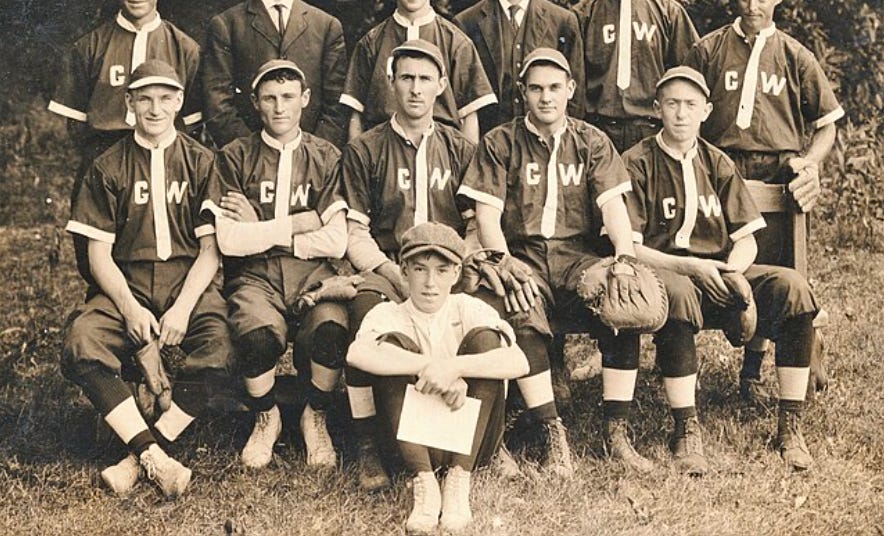on patience
Mark Teixeira and the attention economy
Everyone knows that baseball is not perfect entertainment. It’s slow. Long. Boring to most people.
Yet, at the same time, it’s America’s pastime. Kids would (and still do, occasionally) sit through endless innings, commercial breaks, pitching changes, outrageously low-scoring games. Then maybe, if they were lucky, they'd see something spectacular.
Mark Teixeria knows. "When I was a kid, I watched baseball religiously," he reflected in an earlier interview. "My kids these days have way too many options."
One of the great paradoxes of modern entertainment, as I’ve written about before, is how choice has become both our greatest freedom and our heaviest burden. Everything is available essentially all the time and anywhere. The next dopamine hit is naturally something we crave, yet it’s more accessible to us than ever before.
There's a real attention economy at play, where both companies and consumers take it as a sort of currency – looking for the highest return on investment, ready to withdraw at the first sign of boredom. For lack of a better term, we're trying to "optimize" ourselves out of experiencing depth.
Genuine engagement isn't optimizable – it actually doesn't follow the convenience curve. Sometimes it requires us to be bored. Sometimes it demands that we temporarily surrender our freedom to choose something else.
I’m not trying to say that there's something inherently wrong with options. It’s a blessing to have as many as we do. We need choice to function, variety to grow, novelty to inspire. But the moment we start believing that meaningful experiences can be reduced to algorithms, we've already lost the very essence of what makes entertainment entertainment.
And sometimes, the most engaging thing you can do is stop. Just to remember what it feels like to let something move at its own pace.



